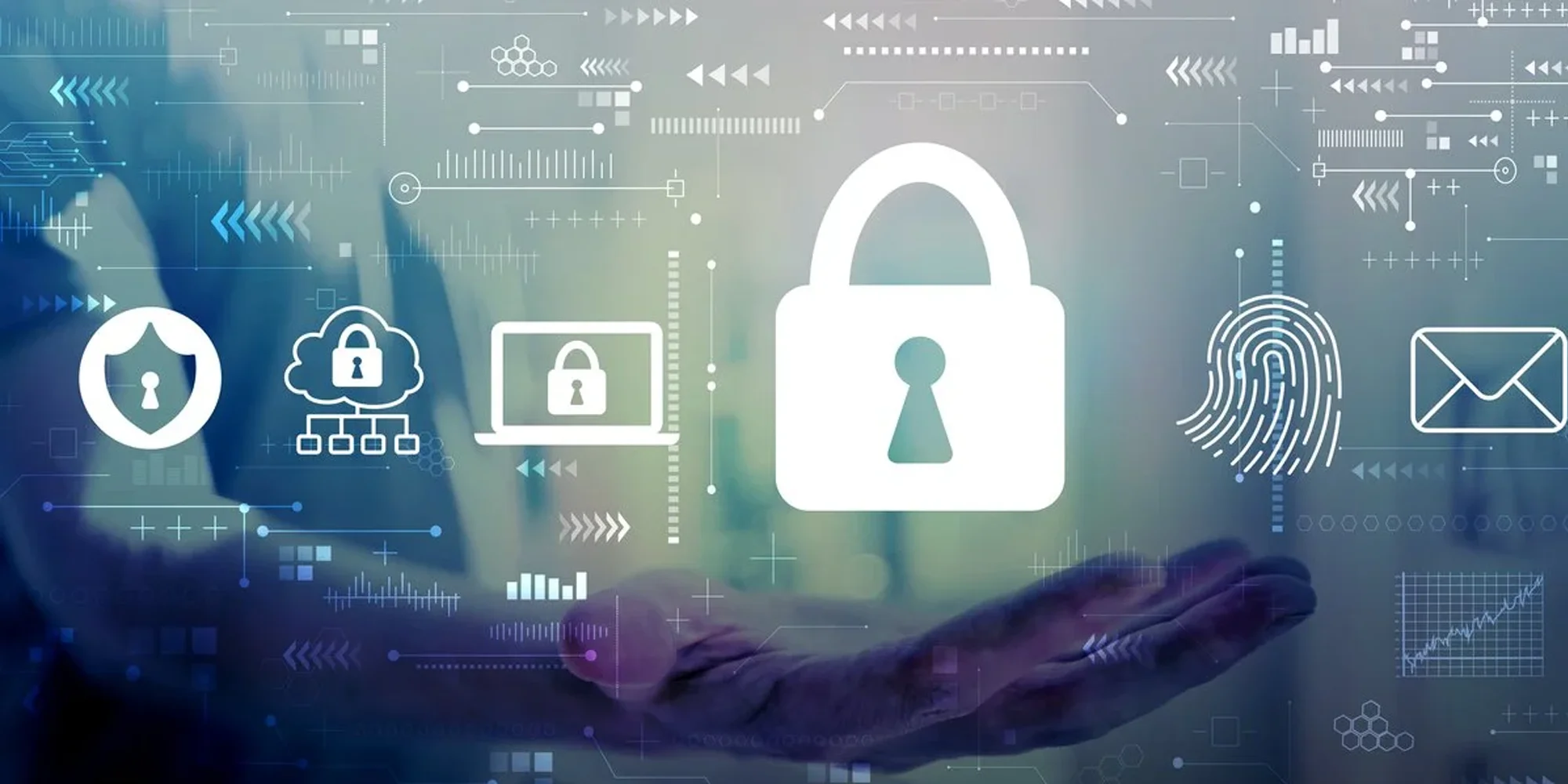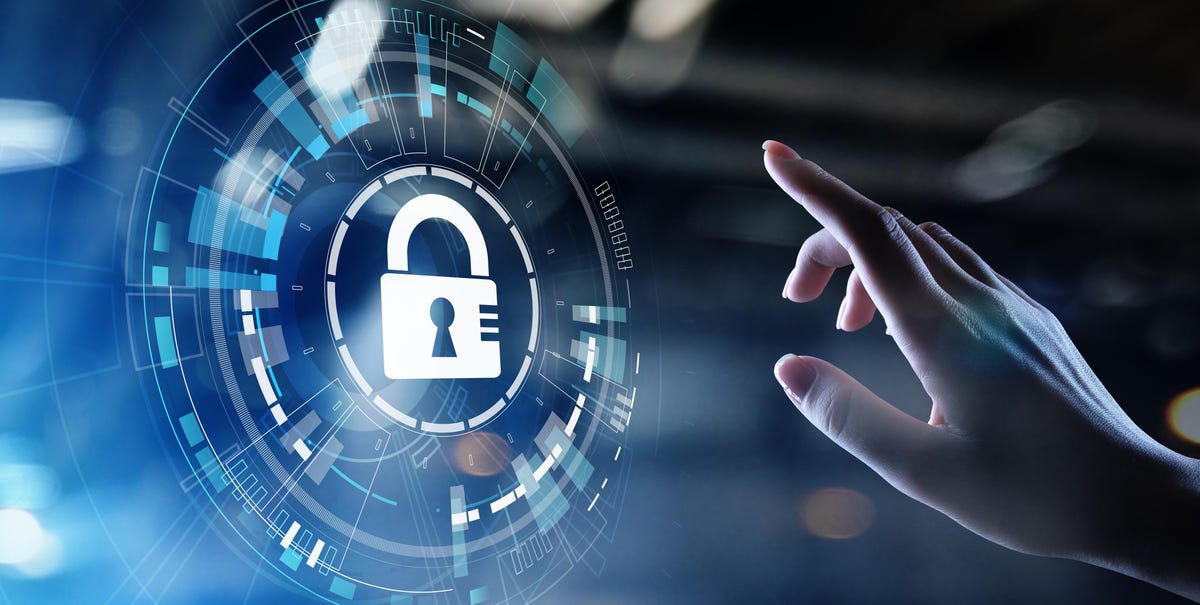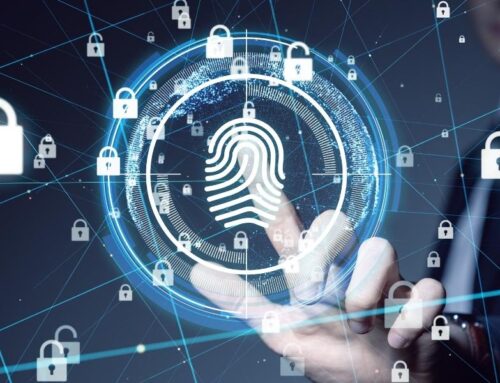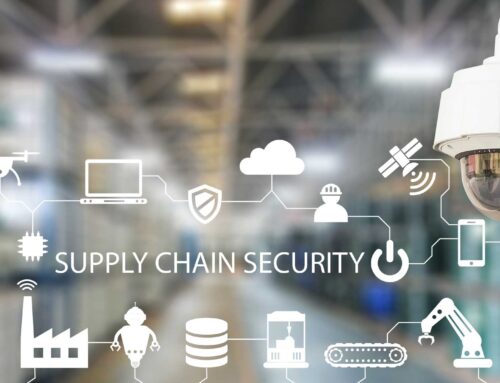
Cyber Hygiene for Remote Teams: Best Practices The Rise of Deepfake Threats and How to Detect and Defend.
Cybersecurity 2025: AI, Deepfakes Threats & Cyber Hygiene for Remote Teams Best Practices
In an era where digital connectivity is integral to every aspect of our lives, cybersecurity remains a cornerstone of modern business operations. As we look towards 2025, the landscape of cybersecurity is evolving at an unprecedented pace, shaped by advancements in artificial intelligence and the emergence of sophisticated threats such as deepfakes. Understanding the complexities and nuances of this landscape is critical for businesses aiming to safeguard their sensitive information and ensure operational continuity. At TeamWin Global Technologica, we are committed to empowering your enterprise with robust cybersecurity solutions that anticipate and counteract these evolving threats.
Understanding Cybersecurity Threats in 2025
Overview of Cybersecurity Landscape
The cybersecurity landscape of 2025 is characterized by rapid evolution and complexity, driven by the integration of AI and machine learning technologies to combat emerging threats. Cybercriminals are leveraging AI-powered tools to automate attacks, making threat detection and response more challenging than ever. At TeamWin Global Technologica, we recognize the paramount importance of protecting your business from these evolving cyber threats. Our comprehensive suite of IT infrastructure and security services is designed to safeguard your enterprise data and intellectual property, ensuring robust protection against unauthorized access and data breaches. By fortifying your defenses with advanced security measures, we help you maintain a resilient cybersecurity posture.
Emerging Cyber Threats
As we advance into 2025, the threat landscape is marked by the emergence of increasingly sophisticated cyber threats. These include AI-driven malware, ransomware, and social engineering attacks that exploit vulnerabilities and target sensitive data. Cybercriminals are continually evolving their tactics to outsmart traditional security measures, necessitating preemptive and adaptable defense strategies against emerging threats.. At TeamWin, we understand that cybersecurity risks are not static, and we are dedicated to providing cutting-edge solutions that anticipate these threats. Our threat intelligence and incident response services ensure that your business is protected with real-time detection and mitigation strategies, fortifying your infrastructure against potential exploits.
Impact of Deepfakes on Security
The proliferation of deepfakes presents a significant challenge to cybersecurity in 2025. These AI-generated fabrications pose a unique threat by facilitating social engineering attacks and unauthorized access to sensitive information. Deepfakes can be used by attackers to manipulate audio and video content, potentially leading to severe security incidents and breaches. At TeamWin Global Technologica, we are at the forefront of developing innovative solutions to combat the malicious use of deepfakes. By employing advanced detection technologies and implementing stringent authentication and verification protocols, we ensure that your organization remains resilient in the face of these sophisticated threats.
Role of AI in Cybersecurity
AI-Powered Threat Detection
At TeamWin Global Technologica, we understand the critical role that AI plays in fortifying cybersecurity frameworks against potential threats. AI-powered threat detection has become a cornerstone of modern defense strategies, enabling enterprises to identify and respond to cyber threats in real-time. Our enterprise AI-driven next-generation firewalls harness the power of machine learning to automate the detection of potential vulnerabilities and malicious activities. This proactive approach ensures that threats are identified before they can be exploited, safeguarding sensitive information and maintaining the integrity of your business operations through effective data protection measures. By leveraging AI, we empower our clients with the tools necessary to anticipate and neutralize evolving cyber threats.
Mitigating Vulnerabilities with Artificial Intelligence
The integration of artificial intelligence into cybersecurity measures has revolutionized how vulnerabilities are identified and mitigated. AI enables the continuous monitoring of systems, allowing for the rapid detection of anomalies that may indicate potential security incidents. This advanced capability is vital in preventing unauthorized access and data breaches, ensuring compliance with stringent security standards while protecting against financial loss.. At TeamWin, we are committed to employing AI-driven solutions that proactively address cybersecurity risks, thereby fortifying your defenses against malicious actors and emerging threats. By mitigating vulnerabilities with AI, we provide our clients with a robust security posture that adapts to the ever-changing threat landscape of 2025, enhancing their cyber defense capabilities.
Leveraging AI for Incident Response
In the dynamic realm of cybersecurity, a swift and effective incident response is paramount to minimizing the impact of security breaches. AI plays an instrumental role in enhancing incident response capabilities by automating the analysis of threat intelligence and streamlining the decision-making process. This allows for the rapid deployment of countermeasures, reducing the window of opportunity for cybercriminals to exploit weaknesses. TeamWin Global Technologica is dedicated to leveraging AI to ensure that your organization can respond to threats with precision and agility. Our comprehensive incident response strategies are designed to protect your infrastructure, preserving the continuity and security of your business operations.
Best Practices for Cyber Hygiene
Establishing Robust Cyber Hygiene Protocols
In the evolving cybersecurity landscape of 2025, Establishing robust cyber hygiene protocols is essential to safeguarding sensitive information and ensuring data protection in business operations.. At TeamWin Global Technologica, we advocate for comprehensive cybersecurity practices that encompass both technological solutions and an incident response plan to address emerging threats. Our approach includes implementing security measures such as regular software updates, endpoint security, and proactive threat detection systems. By systematically identifying and addressing vulnerabilities, we help organizations fortify their defenses against unauthorized access and data breaches. Our commitment to security ensures that your infrastructure remains resilient against cyber threats, providing peace of mind in an increasingly complex digital world.
Training Employees on Cybersecurity
Effective cybersecurity strategies hinge not only on technology but also on cultivating a culture of security awareness among employees. Training employees on cybersecurity is a crucial component of maintaining a strong security posture, particularly in the face of emerging threats.. At TeamWin, we emphasize the importance of security awareness training to equip your workforce with the knowledge and skills needed to recognize and respond to cyber threats such as phishing attacks and social engineering tactics. By fostering an organizational culture that prioritizes cybersecurity, we help mitigate risks and prevent security incidents. Our tailored training programs are designed to empower employees to act as the first line of defense, ensuring that your organization is well-prepared to counteract evolving cyber threats, especially in the context of remote work.
Implementing Multi-Factor Authentication
Implementing multi-factor authentication (MFA) is a fundamental cybersecurity measure that significantly enhances protection against unauthorized access and breaches. At TeamWin Global Technologica, we recognize the critical role of MFA in safeguarding sensitive data and ensuring compliance with security standards. By requiring multiple forms of verification, MFA provides an additional layer of security that helps prevent attackers from exploiting credentials. Our solutions integrate seamlessly with existing systems, offering a user-friendly experience while maintaining stringent security protocols. By adopting MFA, you can fortify your defenses against malicious actors, ensuring that your organization remains secure in the face of sophisticated cyber threats.
Addressing Social Engineering and Insider Threats
Recognizing and Responding to Social Engineering Attacks
Social engineering attacks remain a significant threat in the cybersecurity landscape of 2025, exploiting human psychology to bypass sophisticated security systems. At TeamWin Global Technologica, we emphasize the importance of recognizing these attacks, which often manifest as phishing attacks or fraudulent communications designed to extract sensitive information. By training employees to identify the hallmarks of social engineering tactics, businesses can strengthen their first line of defense. Our comprehensive security awareness training programs equip your workforce with the skills needed to respond effectively, ensuring that your organization remains resilient against these deceptive and evolving threats.
Preventing Insider Threats
Insider threats pose a unique challenge as they originate from within the organization, often involving employees or contractors with legitimate access to sensitive data. At TeamWin, we implement robust security frameworks to mitigate this risk, including strict access controls and continuous monitoring of user activities. By employing AI-driven analytics, we can detect anomalies indicative of insider threats, allowing for swift incident response. Our proactive approach ensures that potential breaches are identified and addressed before they can escalate, safeguarding your enterprise from the damaging consequences of unauthorized access and data breaches.
Real-Time Threat Intelligence
In the rapidly evolving domain of cybersecurity, real-time threat intelligence is crucial for maintaining a proactive defense strategy. TeamWin offers real-time Dark Web monitoring to provide early warnings of potential cyber threats, enabling businesses to act swiftly against emerging risks. By leveraging AI-powered threat intelligence, we deliver insights into evolving cyber threats, helping organizations anticipate and mitigate potential threats before they materialize into security incidents. Our commitment to continuous monitoring and analysis ensures that your infrastructure remains protected, allowing you to focus on your core business operations with the confidence that your security measures are robust and effective.
Future Trends in Cybersecurity
Evolution of Cybersecurity Strategies
The future of cybersecurity strategies is marked by a seamless integration of cutting-edge technologies, such as artificial intelligence and generative AI, into security frameworks. As cyber threats become more sophisticated, the need for adaptive and AI-driven defense strategies is paramount. At TeamWin, we are at the forefront of evolving cybersecurity practices, offering solutions that automate threat detection and response. By embracing technological advancements, we empower our clients to stay ahead of cybercriminals, ensuring that their security measures evolve in tandem with the threat landscape. Our dedication to innovation ensures that your enterprise is fortified against potential vulnerabilities and prepared for the future.
Predictions for Cybersecurity in 2025
As we look towards 2025, the cybersecurity landscape is expected to face new challenges, including the proliferation of AI-driven malware and the rise of deepfake technologies. These advancements necessitate a rethinking of traditional security measures, with a focus on proactive threat detection and real-time response capabilities. We predict that multi-layered security strategies, incorporating AI and threat intelligence, will become standard practice to protect against unauthorized access and data breaches. At TeamWin, we are committed to preparing your organization for these future threats, ensuring that your cybersecurity posture is robust and resilient in the face of evolving risks.
Preparing for Advanced Threats
In anticipation of advanced cyber threats, businesses must adopt a forward-thinking approach to cybersecurity. This includes implementing adaptive security measures that can swiftly respond to emerging vulnerabilities and exploits. TeamWin Global Technologica is dedicated to equipping organizations with the tools to anticipate and counteract sophisticated attacks. Our focus on machine learning and AI-driven solutions enables real-time threat detection, allowing for rapid incident response and ensuring business continuity. By preparing for advanced threats today, we ensure that your enterprise remains secure, safeguarding sensitive information and maintaining the integrity of your operations in an increasingly complex digital environment.
5 Surprising Facts About Cyber Hygiene for Remote Teams
- Many remote workers underestimate the importance of regular software updates, leaving their systems vulnerable to deepfake threats.
- Over 60% of remote teams have reported experiencing phishing attempts that use deepfake technology to impersonate trusted contacts.
- Effective cyber hygiene practices can reduce the likelihood of a successful cyber attack by up to 70% in remote work environments.
- Training employees on how to spot deepfakes can significantly enhance a team’s overall security posture, yet only 30% of organizations provide this training.
- Implementing multi-factor authentication (MFA) is one of the simplest and most effective defenses against deepfake threats in remote setting
What are the best practices for cybersecurity in remote teams?
To ensure robust cybersecurity in remote teams, organizations should implement a combination of strong password policies, multi-factor authentication, and regular employee training focused on security awareness. Additionally, utilizing endpoint security solutions and ensuring compliance with cybersecurity best practices can mitigate cyber risks associated with remote work.
How can deepfake technology pose a cybersecurity threat?
Deepfake technology can create realistic but fabricated content that can be used in social engineering attacks, leading to scams and potential financial loss. Cybercriminals may exploit deepfakes to impersonate trusted individuals, making it crucial for organizations to stay ahead of this evolving threat through training and real-time detection strategies.
How can organizations use AI to detect and defend against deepfake threats?
Organizations can leverage AI tools to analyze video and audio content for signs of manipulation, enhancing their threat detection capabilities. AI-driven technologies can help identify inconsistencies or anomalies in media, allowing security teams to respond quickly to potential deepfake incidents and protect against malicious attacks.
What role does employee training play in mitigating cybersecurity risks?
Employee training is essential in mitigating cybersecurity risks, as it equips team members with the knowledge to recognize potential threats such as phishing scams and social engineering. Regular security awareness training helps employees understand how to spot vulnerabilities and report suspicious activities, ultimately strengthening the organization’s cybersecurity posture.
What are the emerging threats related to deepfake technology?
Emerging threats related to deepfake technology include the use of deepfakes in spreading misinformation or impersonating individuals for fraud. As cybercriminals continue to evolve their tactics, organizations must implement proactive measures, such as incident response plans that account for deepfake scenarios, to safeguard against these advanced threats.
How can organizations implement a real-time incident response plan?
A real-time incident response plan involves establishing a clear protocol for identifying, assessing, and responding to cyber incidents as they arise. Organizations should create a dedicated security team tasked with monitoring for threats, utilizing threat intelligence to inform their strategies, and conducting regular drills to ensure readiness for any potential breaches.
What are the security best practices for remote work?
Security best practices for remote work include securing endpoints with updated antivirus software, using VPNs for secure connections, and enforcing strong authentication methods. Regular audits and updates to security policies ensure that all employees are informed about the latest cybersecurity risks and how to counter them effectively.
How do cybercriminals exploit vulnerabilities in remote teams?
Cybercriminals often exploit vulnerabilities in remote teams by targeting unsecured networks, weak passwords, and untrained employees. By conducting social engineering attacks, they can gain unauthorized access to sensitive information, leading to significant financial loss and data breaches. Organizations must prioritize cybersecurity hygiene to minimize these risks.






